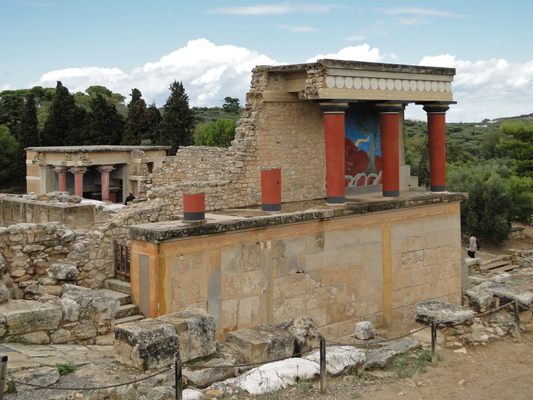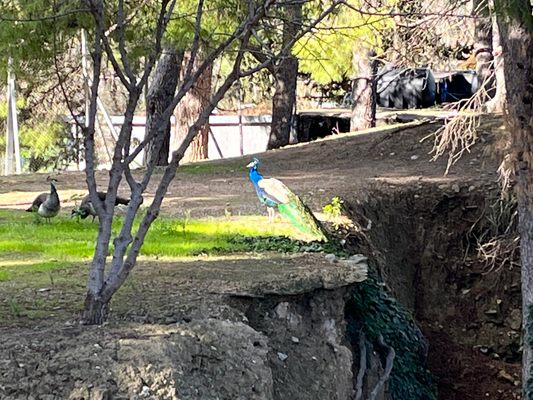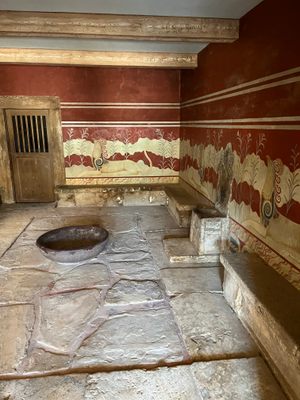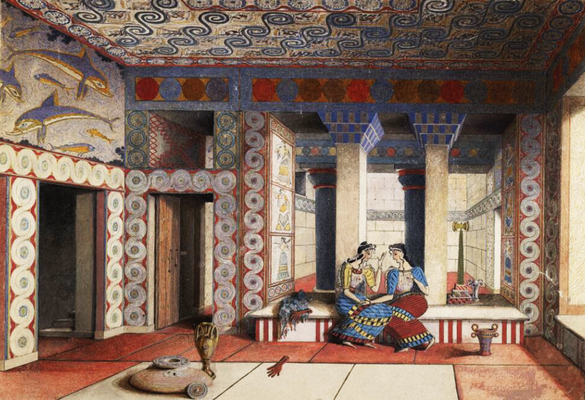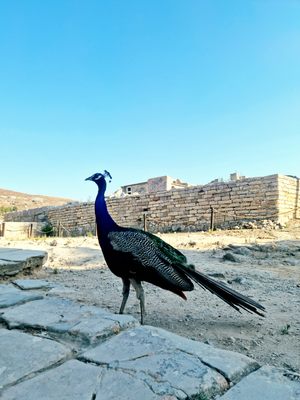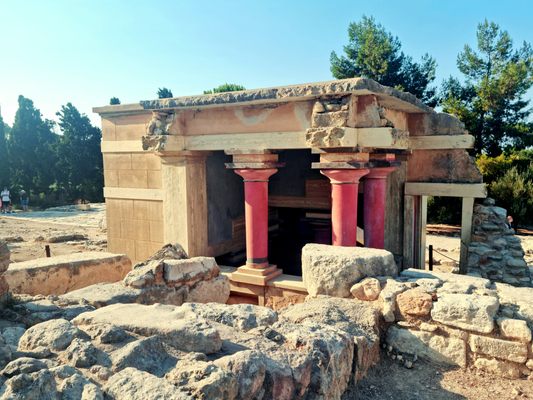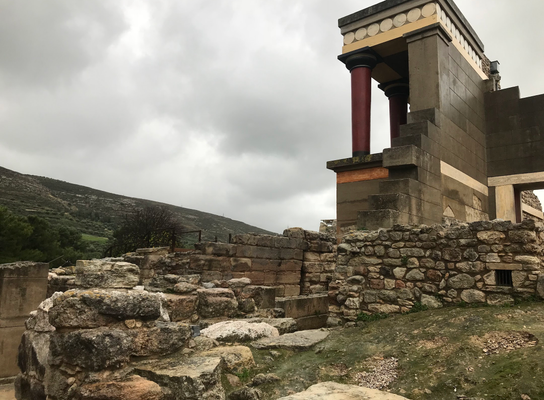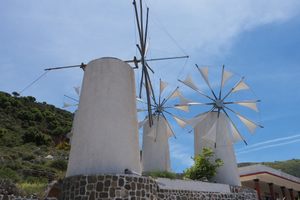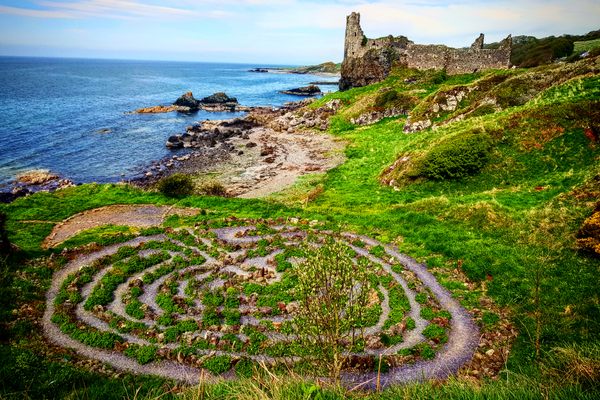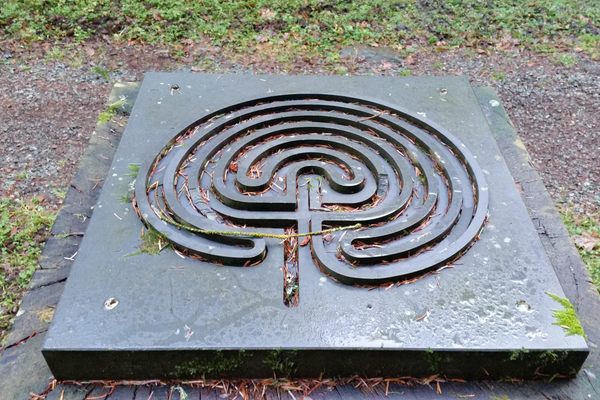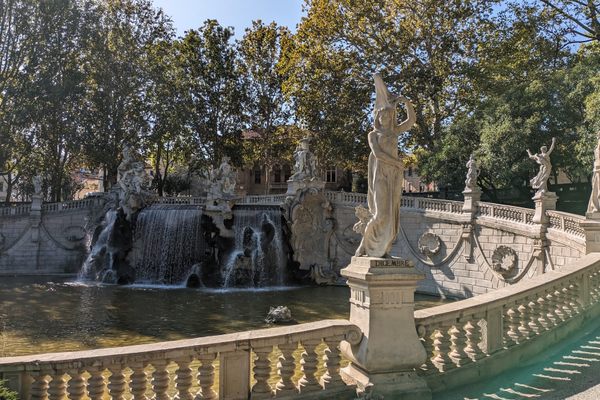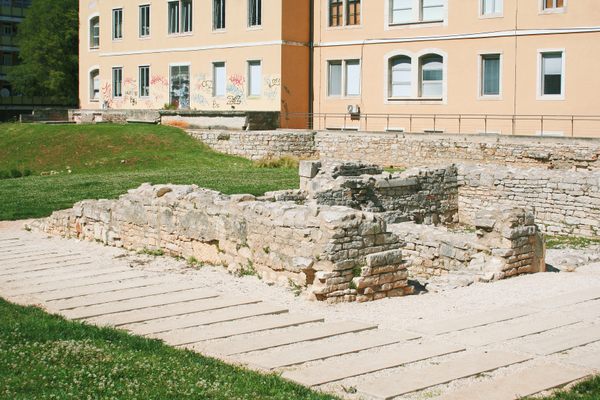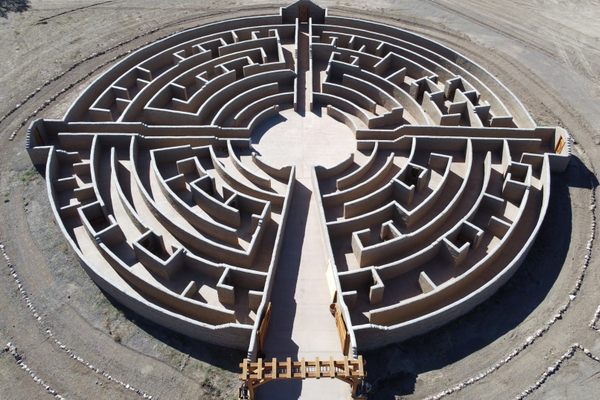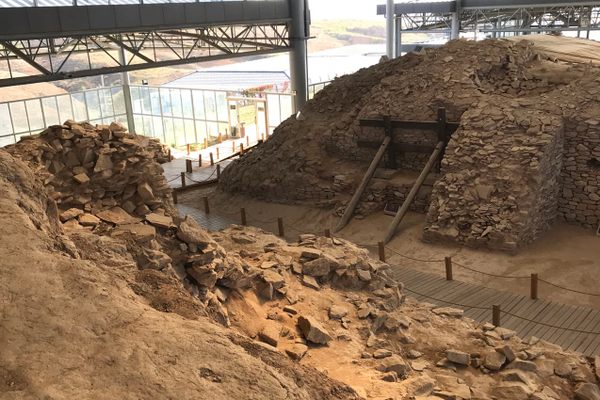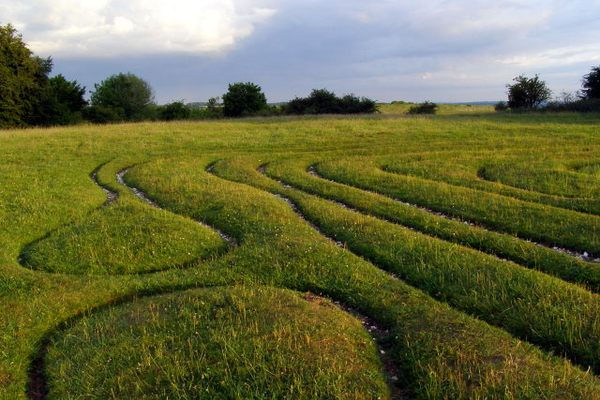About
In northern Crete, near the modern city of Heraklion lies the ruins of Knossos, a city dating back to 7000 B.C. that was once home to a number of famous Greek myths and is now a popular tourist attraction.
According to Greek mythology, King Minos built his palace at Knossos. Daedulus, a craftsman and brilliant inventor, built the labyrinth to house Pasiphea's son, the minotaur, under King Minos's order. The labyrinth was a huge seemingly never-ending maze located under the court of King Minos. Unfortunately, much of this legend is unverifiable as the Palace of Knossos was destroyed by fire around 1450 BC, and the surrounding town was left deserted and was eventually lost to time.
However, after centuries of existing only in myth, thanks to the work of a British archaeologist Knossos was put back on the map. In 1900 Arthur Evans bought several acres of land near Crete, hoping to find evidence of the historical reign of Minos. He began to dig and over the course of 25 years of work he uncovered layer after layer of finds including the ruins of a spectacular palace. Having decided that this was the palace of Minos, he set about restoring it.
It is this restoration which visitors (over a million a year) flock to today. As Mary Beard explored in the New York Review of Books, the restored site is more than a little curious. Very few of the sights are original, such as the famous frescoes of Knossos which are (barring a few corners here and there) entirely modern. Much of the exhibit is even outrageously wrong, with Evans himself admitting that he had relied on "educated guesses." The author Evelyn Waugh, visiting in 1930, remarked of the site, "It is impossible to disregard the suspicion that their painters [of the restored frescoes of Knossos] have tempered their zeal for accurate reconstruction with a somewhat inappropriate predilection for covers of Vogue."
Cathy Gere, the author of a recent study of Knossos, noted that this "ancient" palace in fact "enjoys the dubious distinction of being one of the first reinforced concrete buildings ever erected on the island.' Knossos is a fine place to wander, though less to glimpse the world of ancient myth and more to see how successive generations reinterpret their own past.
Related Tags
Published
September 18, 2013
